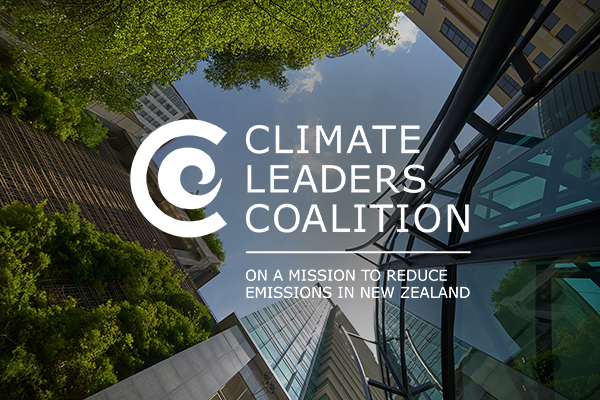When 60 CEOs signed up to the Climate Leaders Coalition in July 2018, much was made of the presence of the big players like Air New Zealand, Spark, Fonterra and Vector. The Spinoff caught up with the nimble smaller companies leading from the back.
Since the launch of the Climate Leaders Coalition last year, 82 CEOs have signed the joint statement committing their organisations to take voluntary action on climate change. Since then much focus has been on the big players, and just how committed they are to a carbon zero future that demands difficult questions of their status quo.

